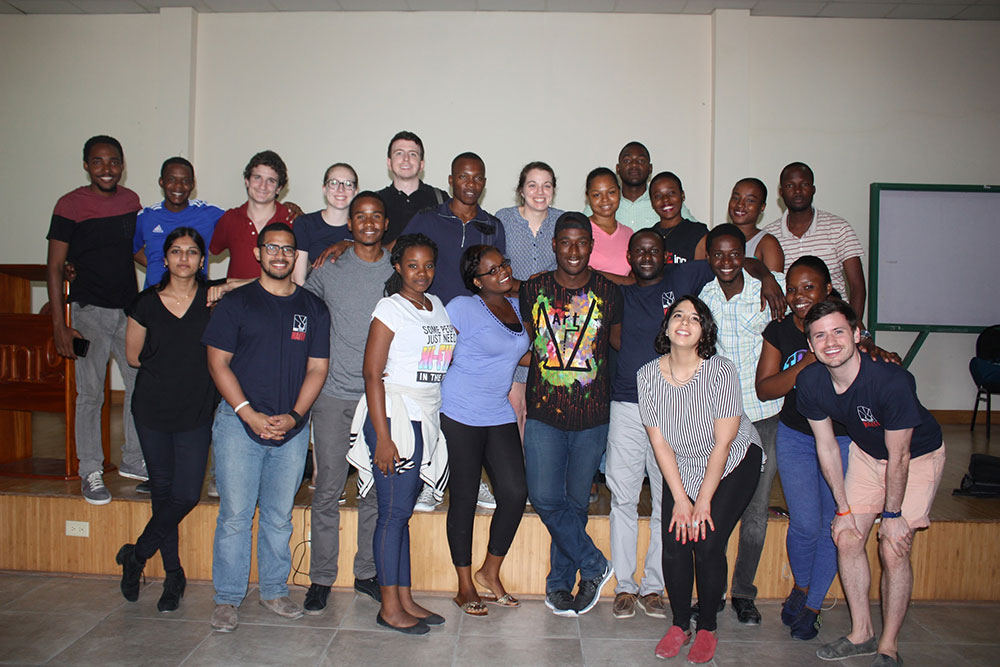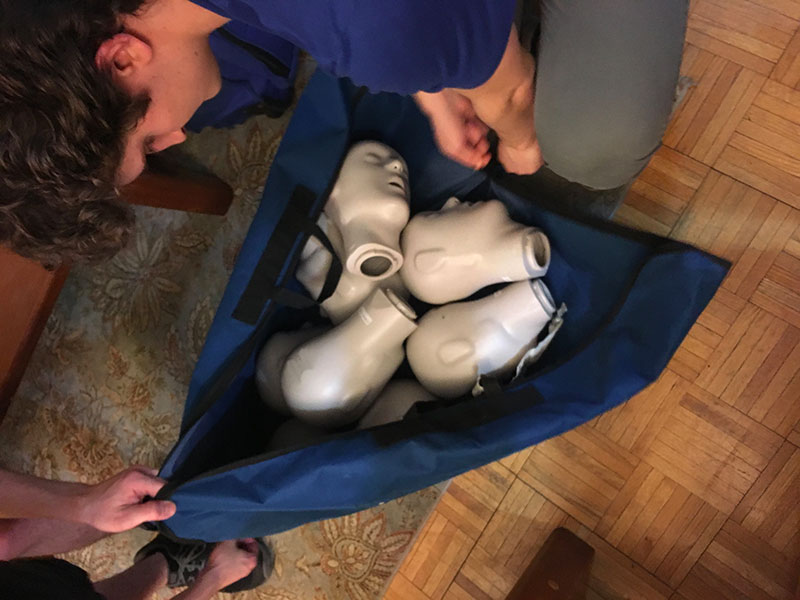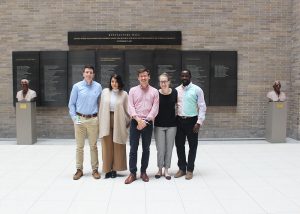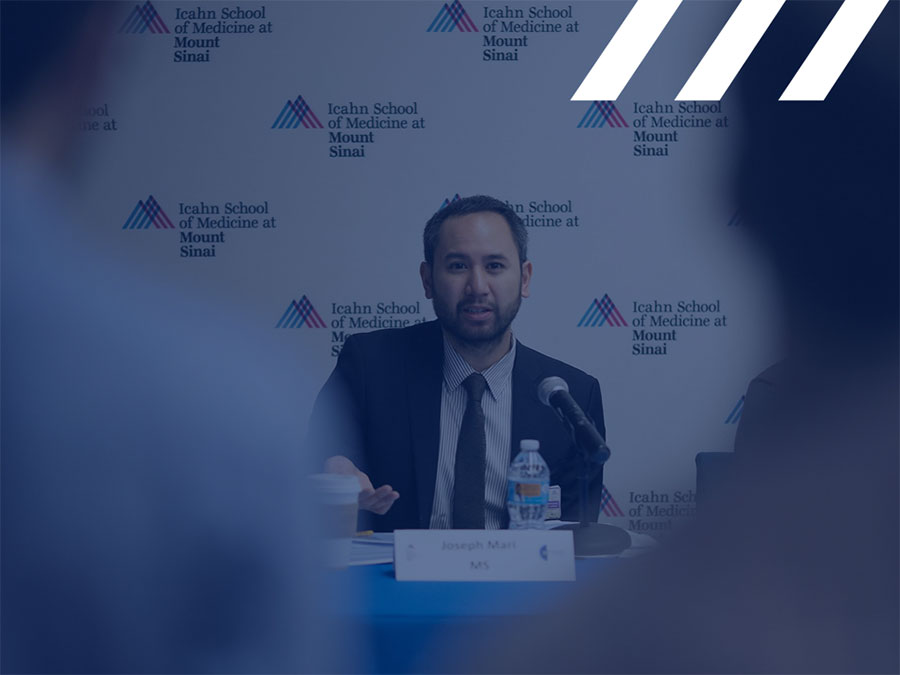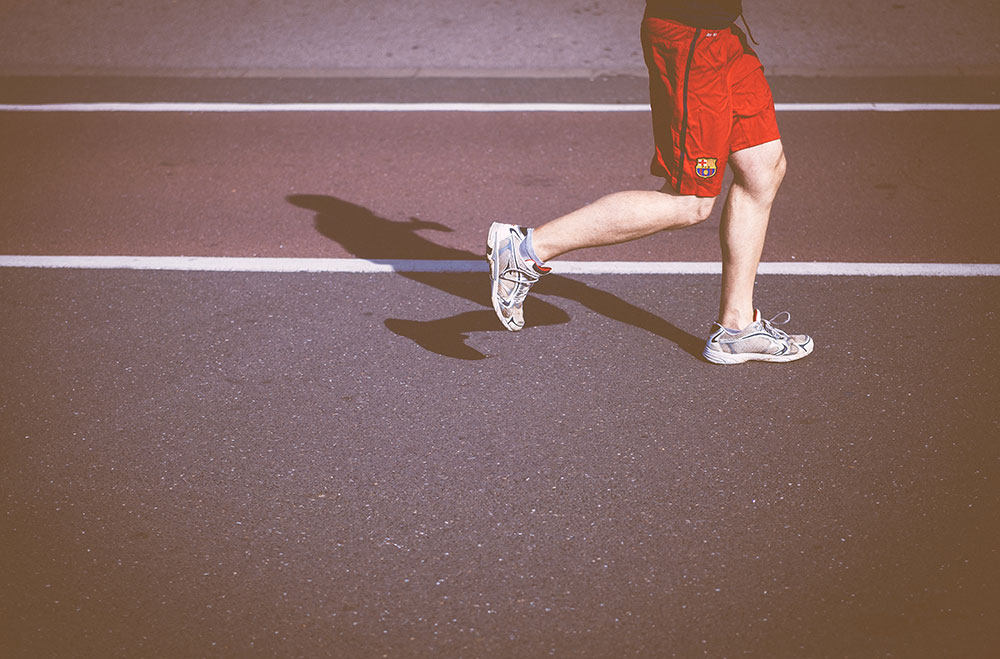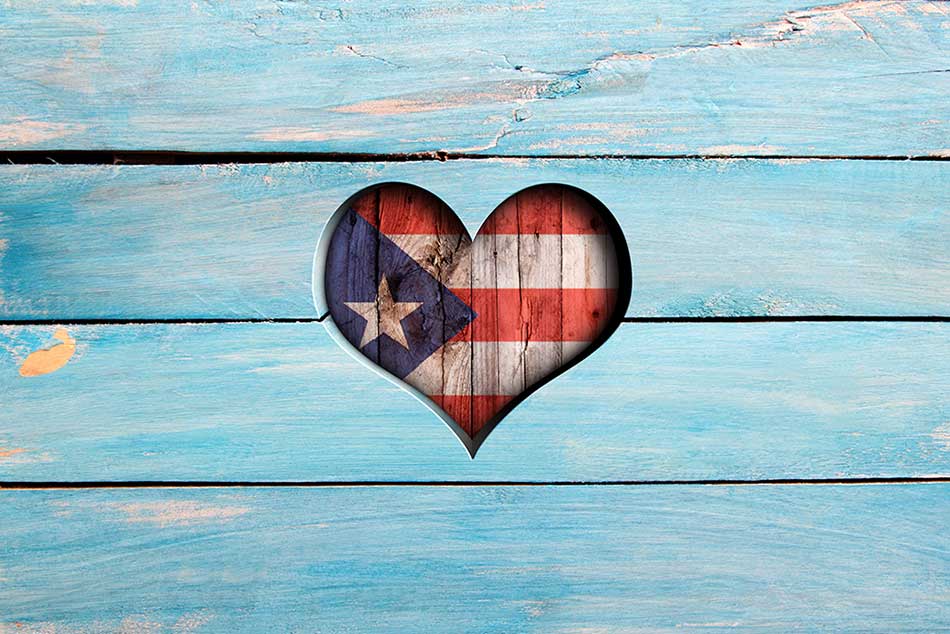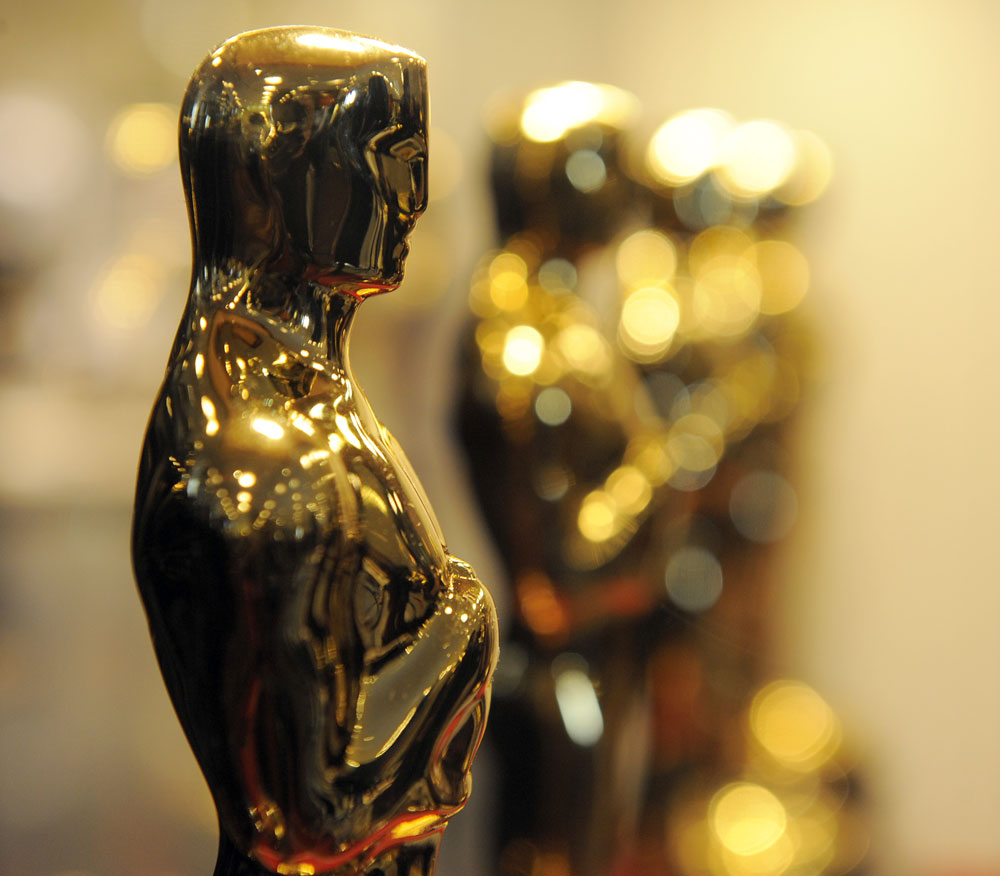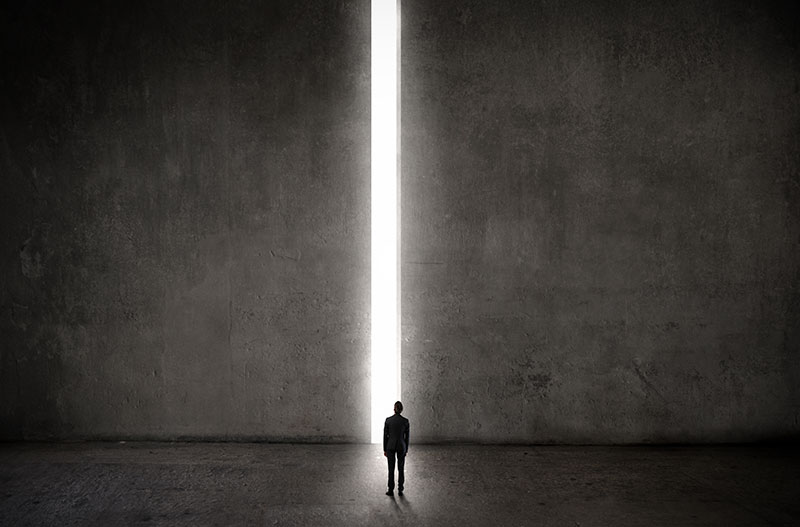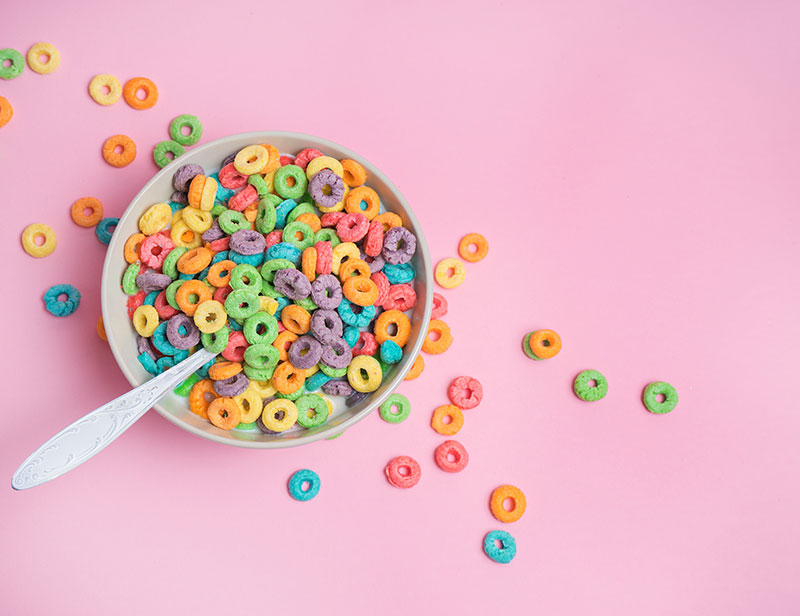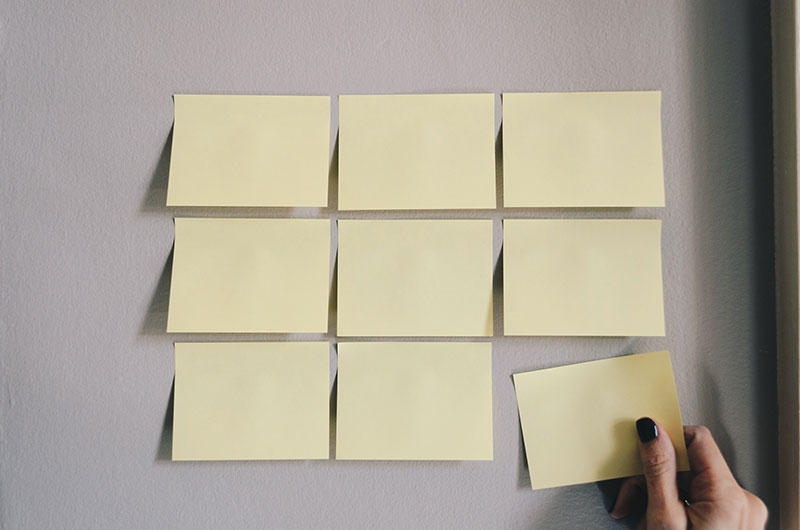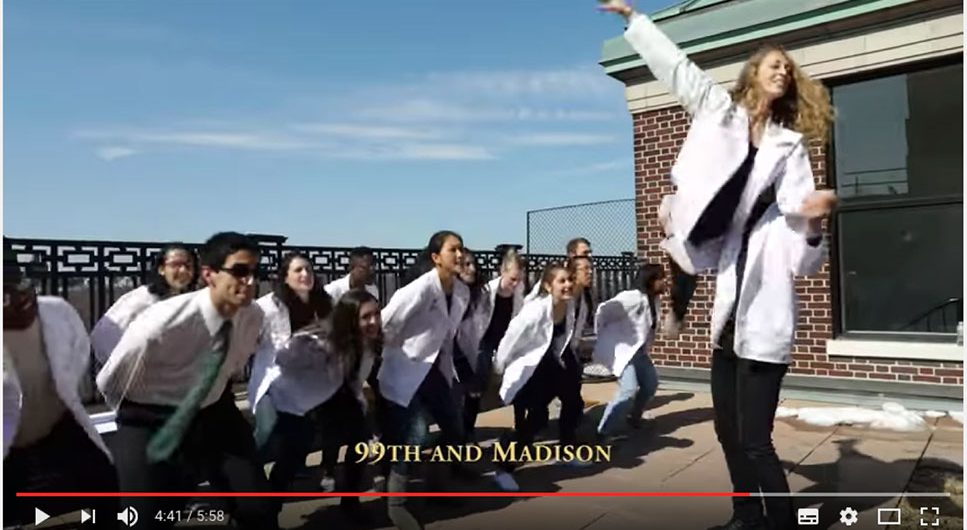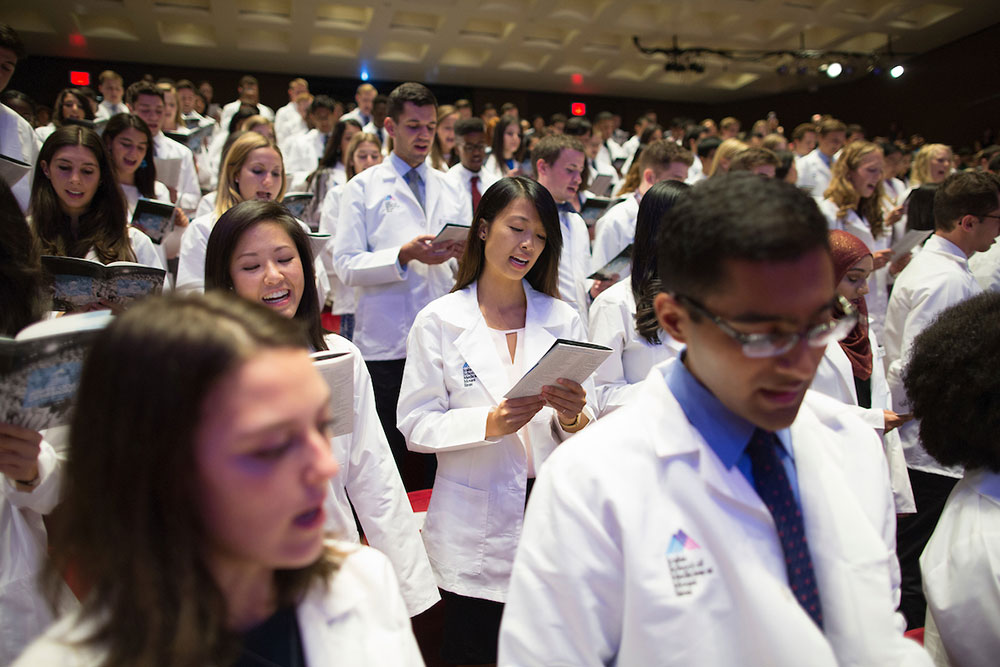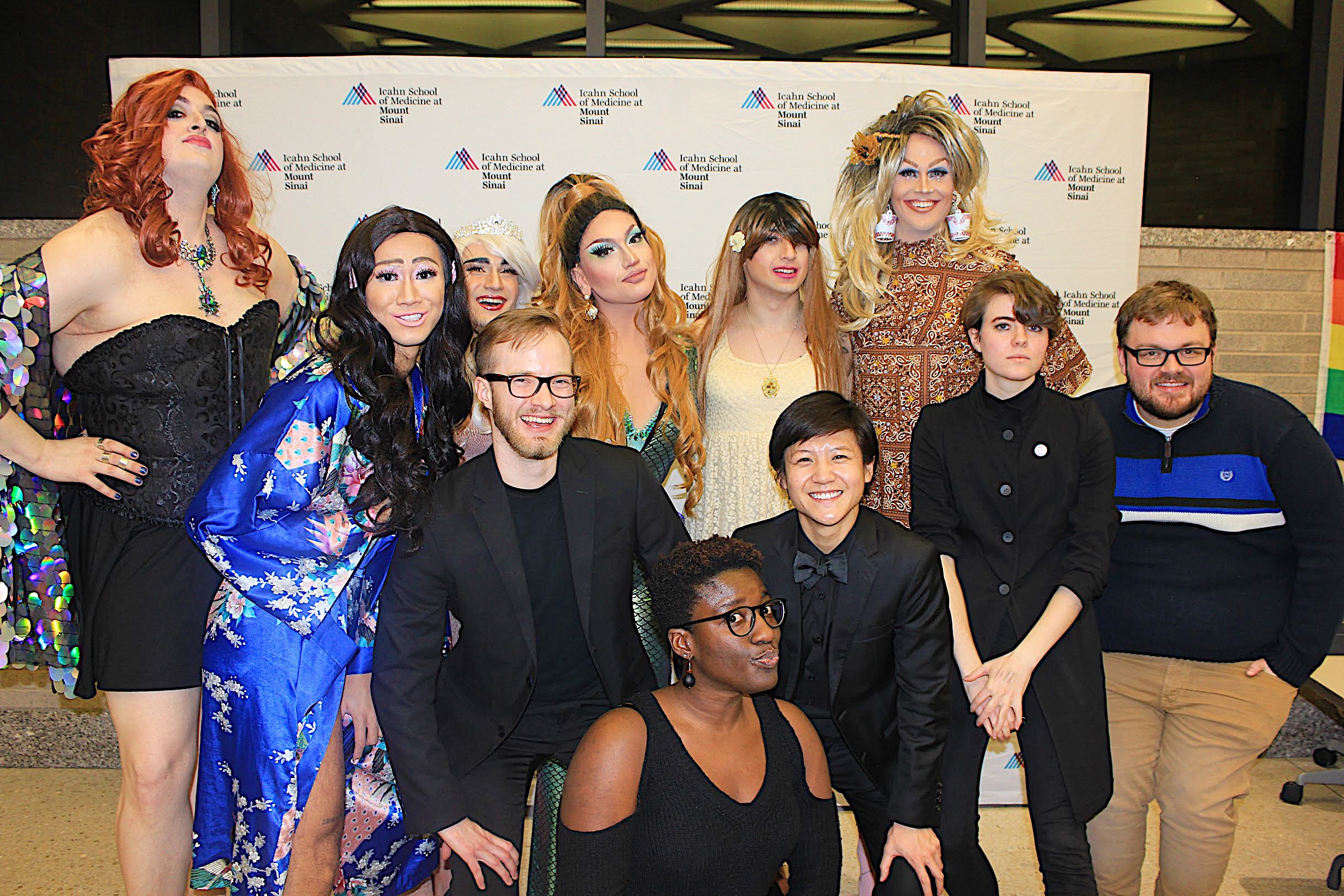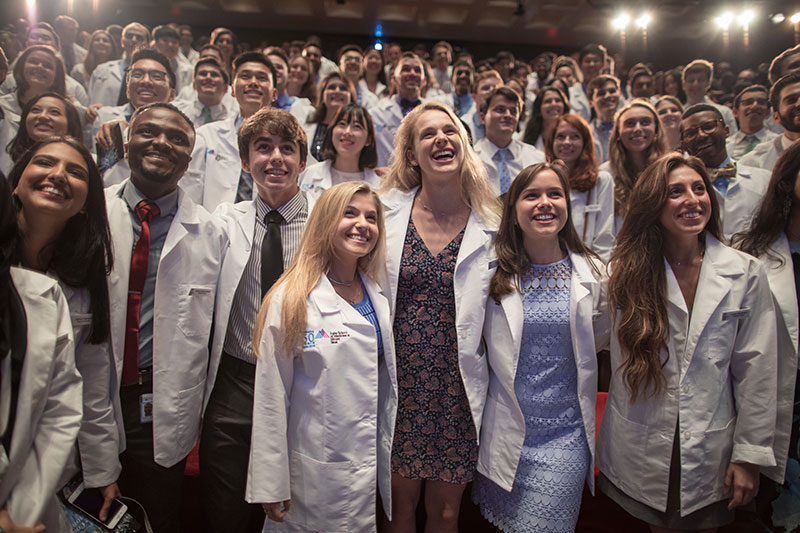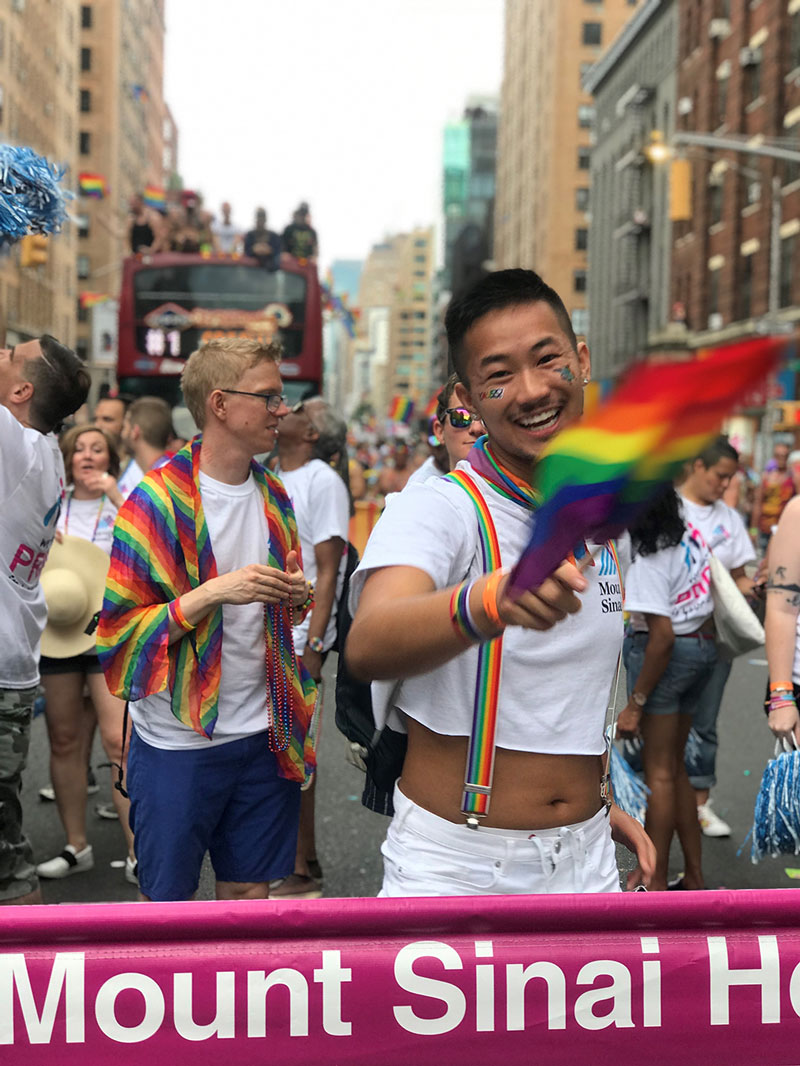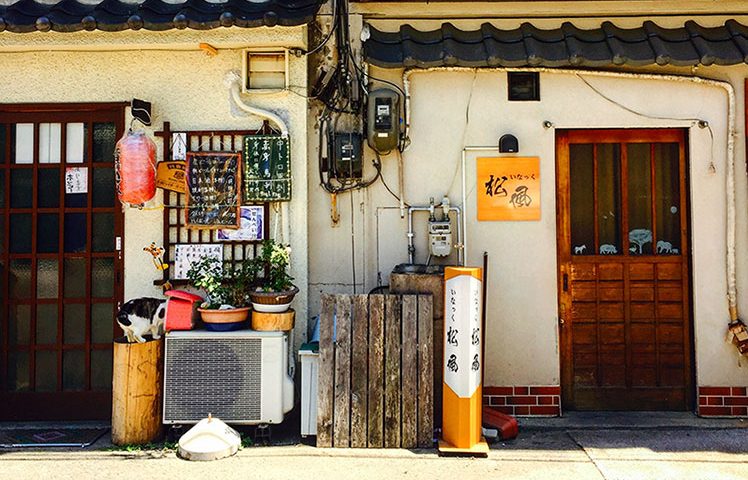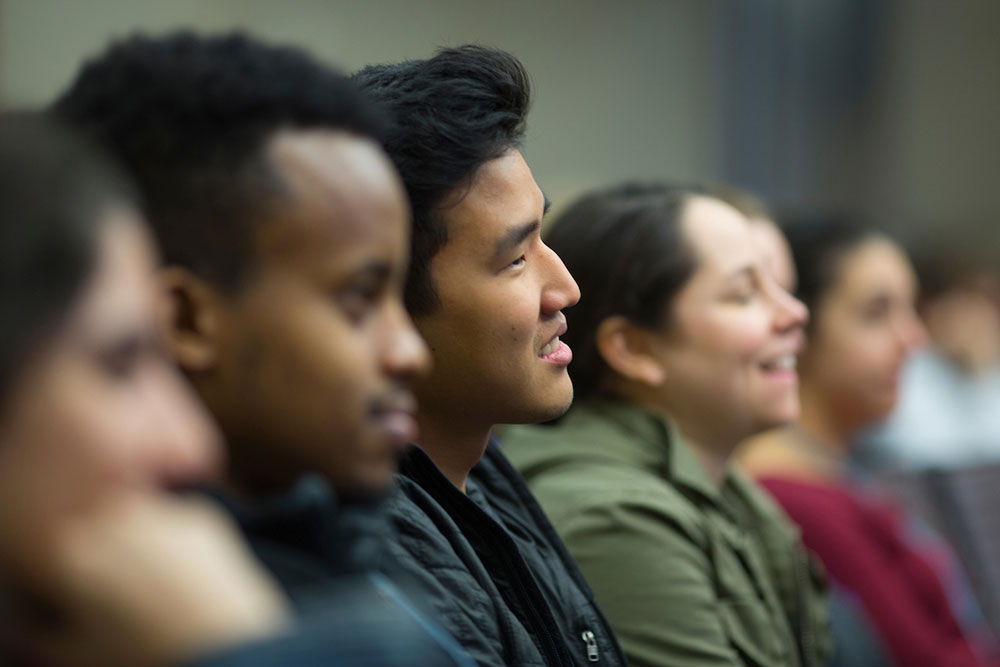The devastating earthquake that hit Haiti in 2010, left the country with damaging effects, including a fractured health care system. On an annual service trip, volunteers of the ISMMS student organization, Medical Students for Haiti (MS4H), visit Haiti to train their international peers on basic medical practices, in an effort to build a cohort of competent physicians and clinicians who are ready to overturn the country’s current health care state.
One of the annual traditions leading up to the Medical Students 4 Haiti (MS4H) service trip is a late night “packing party”: MS4H students create inventory lists to help document and organize the supplies needed for our week spent in Port-Au-Prince, Haiti. We start by splitting the supplies into two piles—one for teaching, the other for donation. Making use of the money we raised, as well as donated materials, this year we managed to fill 11 checked bags with supplies. However, as our packing party progressed, it became clear to us that our checklists were starting to sound less like inventory lists and more like something from a horror movie. “What is in the big blue suitcase?” “Oh that would be five adults, two blue babies, some baby lungs, neck collars, and bed sheets.” After a humorous, albeit slightly morbid, night of packing and some stateside group bonding, we were ready to make our way to the airport.
The MS4H service trip has really evolved over the years: starting out as the thoughtful vision of former medical student, Christian Pean, MD (ISMSS ‘16) and culminating this year with seven medical students, two graduate students, and two Emergency Medicine residents traveling to Port-au-Prince in order to teach a week-long course in CPR and emergency first aid to medical students at the Université Quisqueya (Uni Q). But before we fast forward to the week we spent in Port-au-Prince, we should first start by sharing some backstory, as a great deal of preparation and fundraising is required to make this trip happen.
Preparation tasks before our departure included translating course materials and lectures from English to French, attending weekly Nexus courses led by Emergency Medicine residents, and, most importantly, being in constant communication with our Université Quisqueya counterparts to ensure the week would be a success. Leading up to the trip, with the help of our family members, friends, and ISMMS faculty, we also managed to raise over $10,000 to support our cause. We held a variety of fundraisers throughout the year, including: “Sunset Over the Park With MS4H,” a “Valentine’s Day Bake Sale,” and a “A Night at the Oscars.” We made a final push for donations using a GoFundMe page, which helped us bring in an additional $1,600 before we departed.
After arriving in Haiti, we divided the week long course into three parts:
- Basic Life Support and CPR
- Emergency First-aid
- “Train the Trainers” Program
The first day at Uni Q was spent administering a pre-test and teaching basic life support and CPR. Instructors emphasized the lifesaving potential of high-quality chest compressions and observed Uni Q students as they practiced CPR on mannequins. Over the next two days, the course focused on teaching emergency first aid for a variety of injuries and wounds—from cervical spine injuries to burns. In addition to the lectures and small group practice sessions that took place each morning, the afternoons featured a special “Train the Trainers” session in which a smaller cohort of students honed their CPR skills in order to become instructor-certified in basic life support.
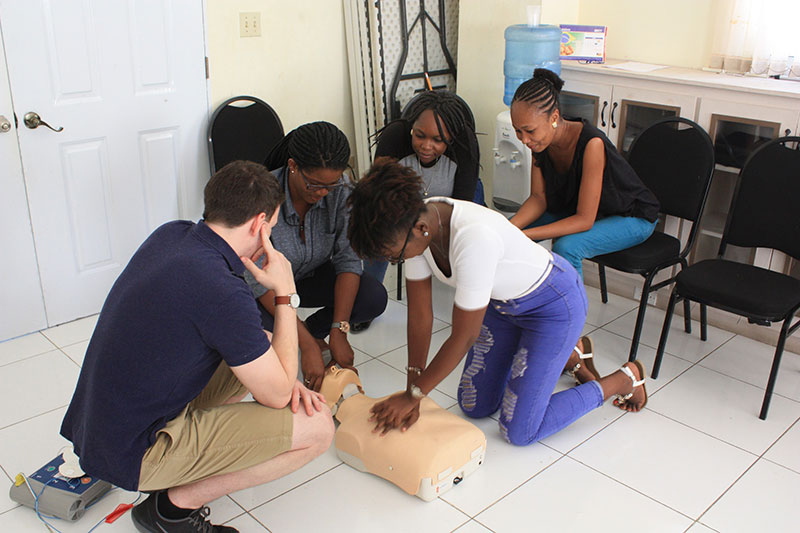
Colton Welch observes compression techniques during the “Train the Trainers” CPR instruction course.
After a day of review sessions and final exams, it was time to hand out hard-earned certificates of completion to the students. From there, the course moved on to the final—and perhaps most rewarding — day of the program: the newly certified trainers taught a session on CPR and basic life support to a group of their peers at the university. To cap off the week, the trainers then encountered a mass casualty incident (MCI) simulated by ISMMS students, who put their acting and makeup skills to the test by pretending to be victims of an explosion. The trainers had to use the skills they had acquired throughout the program in order stabilize both triage victims. After a week of lectures, practice sessions, and exams, it was incredibly rewarding to see the Uni Q students use the skills they had gathered in a high-stress simulation—saving each and every one of us.
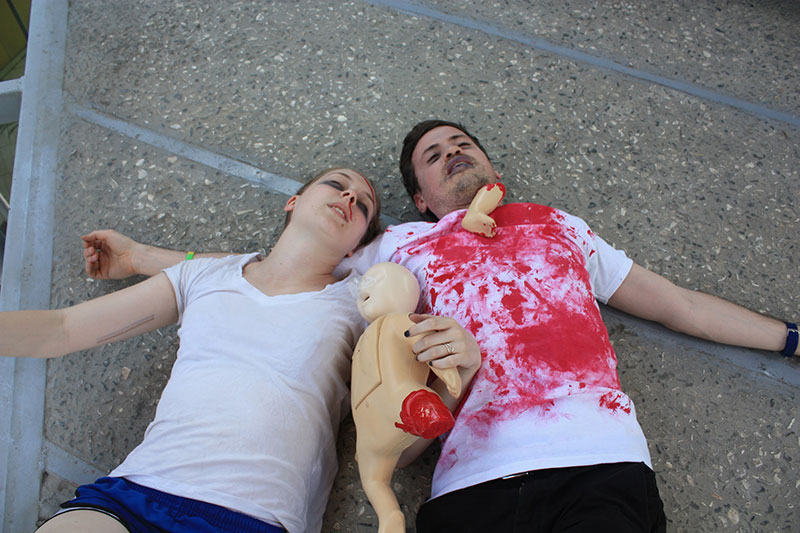
Meygan Lackey and Jordan Francke pose for a mass casualty simulation staged during the final day of Basic Life Support and CPR training.
While elated over the progress of our international peers, one experience left us feeling uneasy and reflective: our visit to a public maternity hospital named Maternité Isaie Jeanty. For many of us, it was challenging to witness the absence of basic resources and sanitation at this hospital compared to even some of the least equipped medical facilities in the United States. At Maternité Isaie Jeanty, we saw women in active labor sitting on wooden benches, without partners or family members to accompany them because of the limited space and resources available to accommodate them. After speaking with two laboratory technicians, we also learned that the hospital lacked some of the most basic laboratory infrastructure and tools to provide quality obstetric and gynecologic care to local women.
Despite challenges, we saw a great deal of resilience and ingenuity. We entered a makeshift NICU, which held seven beds for infants who were born premature or needed extra medical attention. We met residents who despite working 24-hour shifts multiple times a week took the time to tell us about their work, highlighting their daily struggles and triumphs. We walked past operating rooms, as surgeons whizzed in and out of them. This experience made us both acutely aware of the privilege associated with practicing medicine in a developed country, as well as the immense challenges that still lie ahead for the Haitian health care system. Equally as important, it also served as a reminder to us that even in the most difficult of circumstances, people around the world are always striving to make their communities healthier and happier. Our visit to Maternité Isaie Jeanty concluded with us presenting donated supplies provided by various medical facilities in the New York-area. The supplies included materials such as gauze, suctioning bulbs, oxygen masks, and functioning AEDs (automated external defibrillators).
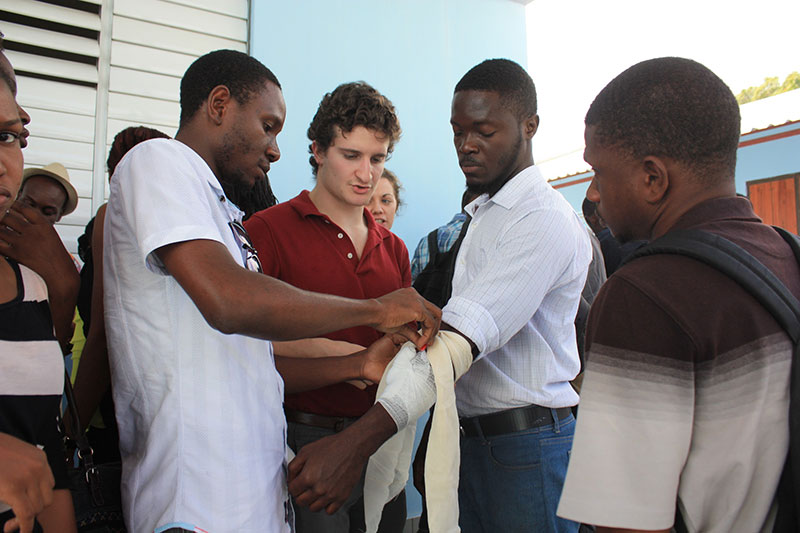
Isaiah Levy (ISMMS ‘19) observes as medical students at the Université Quisqueya apply a tourniquet to a simulated patient’s forearm.
Overall, the MS4H trip left each of us with memories that will stick with us for a lifetime. We left feeling humbled by the experience of sharing what we learn in our ISMMS classrooms with our international peers. The Haitian medical students were beyond eager to learn and participate in the course we taught, and many of them continued on as trainers— teaching their own friends and classmates how to use CPR and first aid in their everyday encounters. In fact, one of the students came up to us and said that the basic life support skills he had learned in a previous year had enabled him to save someone’s life. Impacts like this are the reason that MS4H continues to travel to Haiti each year and seeks to bolster the size and influence of our program.
The annual MS4H trip, however brief it may be, aims to endow students at Uni Q with the skills they need to both practice and teach high-quality first aid to their peers and to empower them to teach the next generation of Haitian medical professionals. Over the next year in particular, we strive to continue bringing medical resources and international awareness to institutions, like Maternité Isaie Jeanty, which many of us take for granted every day in the nation’s hospitals. Together with our Uni Q counterparts, we believe that MS4H has the potential to continue accommodating and building up the health care infrastructure throughout hospitals and communities within Haiti.
To learn more about MS4H, or make a donation to this worthy cause, please visit our website.
Jordan Francke, Meygan Lackey, Kathleen Lozada, and Colton Welch are all MD candidates within the Icahn School of Medicine at Mount Sinai Class of 2020. Marc Edma is a first-year candidate within the Masters in Clinical Research program at Icahn School of Medicine at Mount Sinai. They share a passion for global health, social justice, cute animals, and Haitian plantains.

